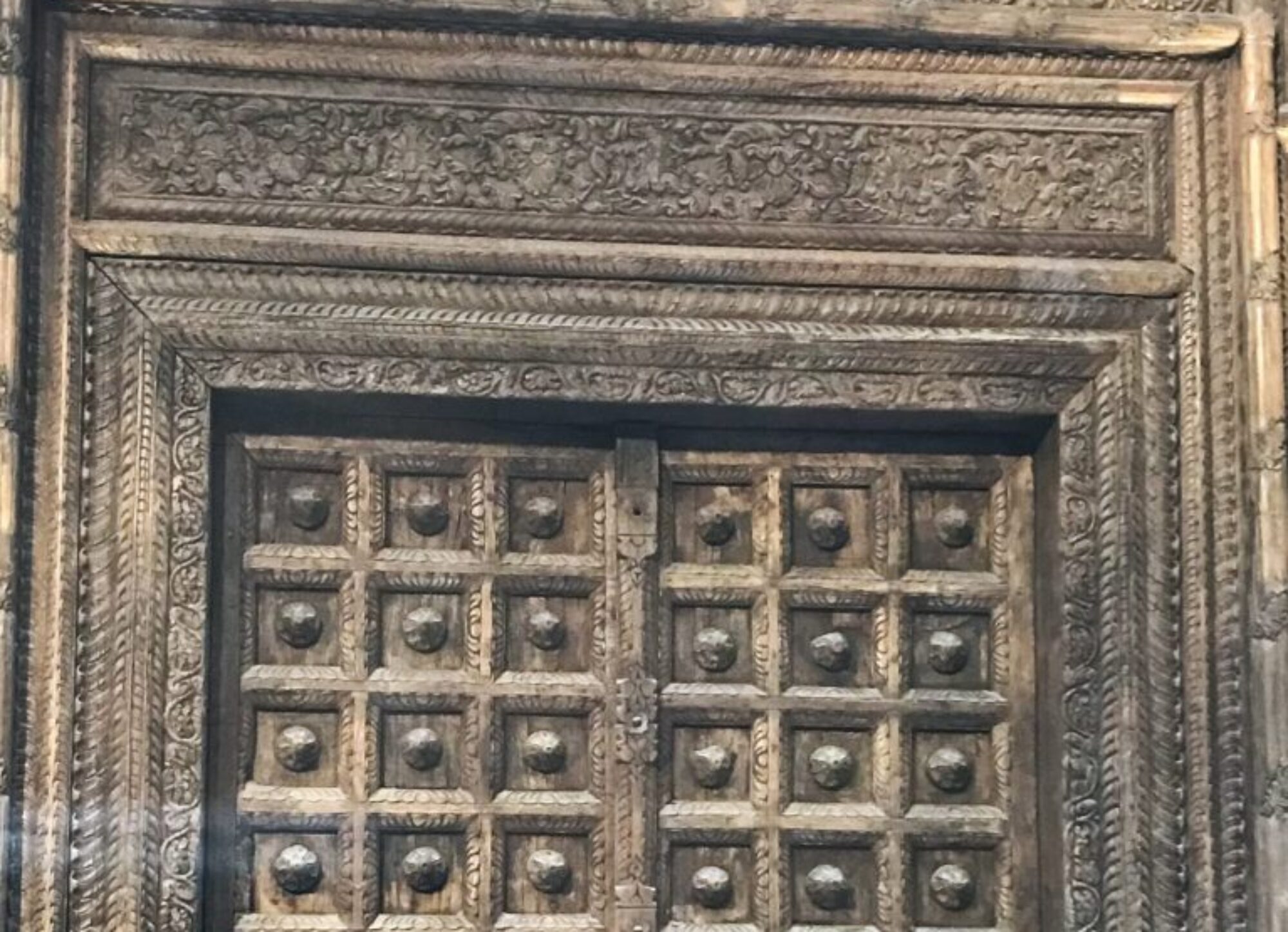Someone told me years ago that J.K. Rowling, author of all that Harry Potter nonsense, had her first manuscript rejected eleventy-six times before becoming a sensational bestseller. Well, dear Joanne certainly had far greater stamina, tenacity and perseverance than I do. My patience and optimism ran out after my magnum opus was rejected by three publishers. But, before throwing in the towel (and my typewriter after it), I thought I would make one last attempt. And voila! The fourth publisher accepted the manuscript and made me sign a contract undertaking to publish my masterpiece in a matter of a few months. Then I heard nothing for more than three years.
Suddenly, last month, the editorial team of the publishing house wrote to me to get my manuscript ready for publication. “But wait!” I wrote back. “What do you mean ready for publication? Haven’t I already given it to you? So, publish the damn thing!”
But no, that was not to be. I was then educated by some underling with an unimpressive designation about the procedure that would be adopted to actually publish my bestseller. I had expected someone with a grand-sounding title – like the Supreme Principal Editor in Chief – to call me up and beg me to come to their office to collect humongous royalties. Instead, I had got an email from a lowly assistant co-editor named Hrisha who claimed that she would find mistakes (not errors) in my masterpiece. I was offended! By Jove, was I offended!
Then followed a series of most infuriating and frustrating email exchanges. The assistant co-editor was clearly uneducated, if not IQ-impaired. There also seemed to be a generational gap between that sweet young thing and the dirty old man that I am. Hrisha had very firm ideas about psycholinguistics and philological propriety. According to her, body-shaming was a no-no! Sexist remarks were to be eschewed! Words indicating bias were to be omitted! And she considered many terms that are an integral part of my colourful vocabulary to be homophobic.
“Sir, such words show that you are prejudiced!”
“Of course I am, stupid!” I wanted to retort, but I let it pass.
I was certain that in respect of many words, she kept saying ‘no’ merely because she had said ‘nyet’ once. I kept offering alternate words – many of which she still found offensive. We haggled over semantics the way delegates at the United Nations do while considering a particularly tricky resolution.
She also stumbled and tripped over almost every reference to classical literature. She had heard of Shakespeare but was blissfully innocent of almost every soliloquy or quotable quote. “What does ‘methinks he doth protest too much’ mean?” “Shouldn’t the name be Alfred J. Prufrock, rather than J. Alfred Prufrock?” “Are you sure there was an author named Coal Ridge?” “Why do you refer to George Eliot as ‘she’?”
We disagreed about the use of lowercase letters and the articles. I insisted it was ‘an hotel’ while she said that such usage was at least a hundred years old. I declared that numerous objects could be counted as lebenty-nine and digity-two, but she said those were made up words.
“You just can’t make up words!” she declared.
“Well, bad luck! I just did! If umpteen can mean a large number, why can’t slepenteen?”
We then crossed swords over punctuation. She primly informed me that they follow ’in house’ rules of punctuation. ‘In house’ rules of punctuation? Whatever does that mean? It is only the Queen (bless her) who may tinker with colons and apostrophes. The Queen and Wren and Martin. But no one else! No, not even the King! But here was this sweet young thing telling me that her publishing house has rules of their own! I could not immediately think of the exact equivalent of ‘ghor kaliyug’, so I merely remarked that the end of the world was nigh. Which again got me rap on my knuckles – the word ‘nigh’ was struck through and replaced by the word ‘near’.
Hrisha informed me in a rather snooty manner that, “We do not use the Oxford comma”. I assured her that I did not use one either, and further that I had been unaware that universities could lay claim on punctuation marks. Just imagine, there could be a Hindu College semicolon or a Mission College umlaut! I had always believed that rules of punctuation were universal, but here was Hrisha, brazenly suggesting the use of single inverted commas where I and the rest of the world would have used double quotation marks!
It was after a particularly nasty exchange of emails that Hrisha took umbrage at my use of the term ‘sweet young thing’. “It is so sexist”, she remarked. I asked her not to take it personally, but Hrisha calmly informed me that ‘she’ is in fact a man and not a girl! The deceiver, Hrisha, then poured salt on my wounded ego. “Don’t forget, Sir, the readers of today are young like me – quite happy to ignore your abstruse literary references, your poetic licence and your obstinate opposition to contemporary punctuation rules. It is time you stopped swearing by your Wren and Martin, whoever those gentlemen might have been, and learned – not learnt – to write proper English.”
Well, that was the final straw! In future I will never approach publishers with my creative works. I will consider self-publishing everything – without giving any copy editors with androgynous names access to what I write. Maybe a better solution would be to altogether give up writing?
The Week – Print edition – July 21, 2024
